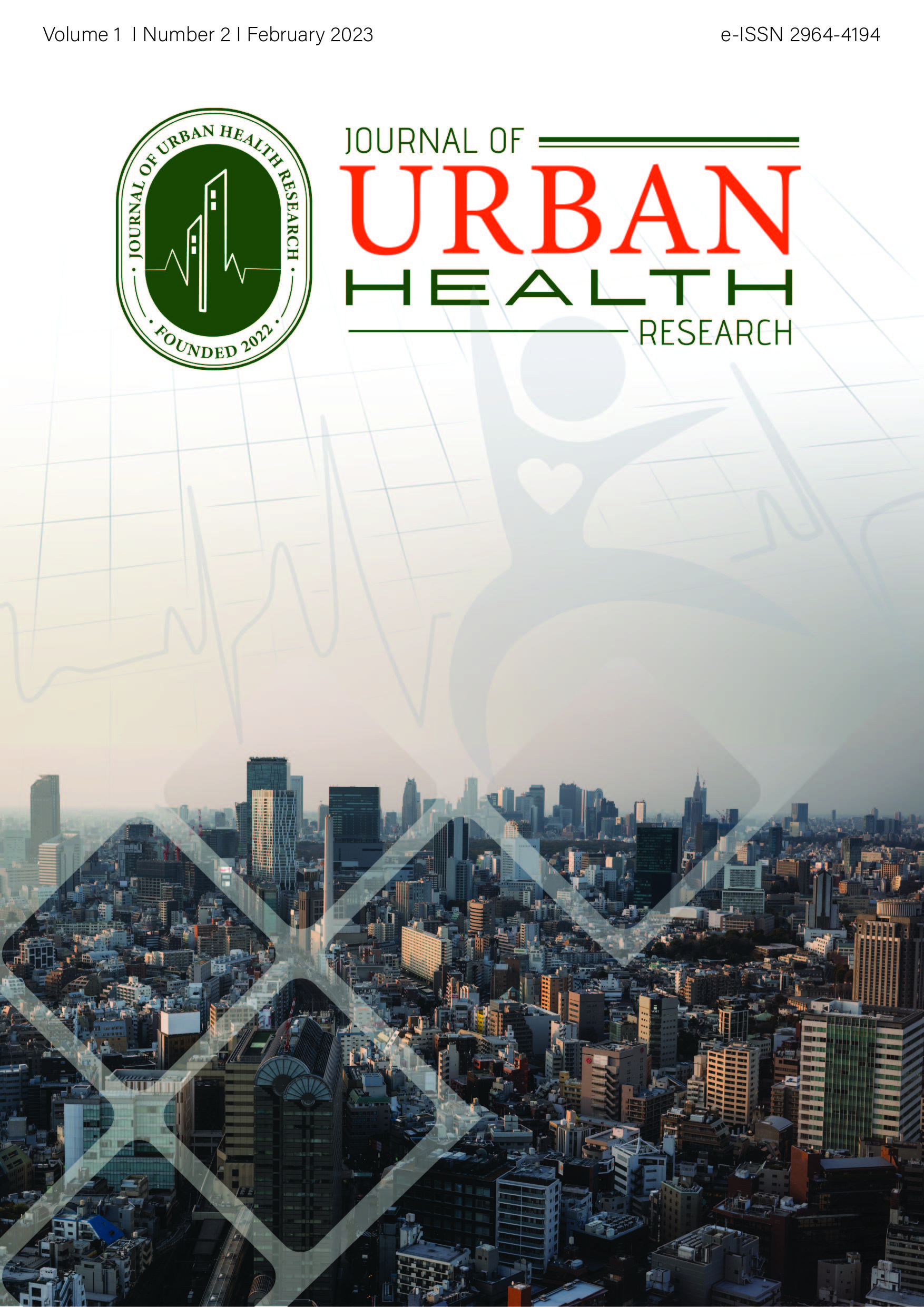Association between Excess Body Mass Index towards Excessive Daytime Sleepiness among Medical Students at the Atma Jaya Catholic University of Indonesia During the Post-COVID-19 Pandemic
DOI:
https://doi.org/10.25170/juhr.v1i2.4157Abstract
Introduction: Social isolation during the COVID-19 pandemic brought several effects on one’s daily activity, such as reduced physical activity, increased anxiety and stress towards their environment, and a sleep disorder called Excessive Daytime Sleepiness. EDS is often found in undergraduate students. Many factors could cause EDS, one of which is excessive fat consumption. This study was conducted because of the significant impact that COVID-19 brought on EDS and BMI. In addition, due to the high prevalence of excess BMI, the researcher wanted medical students aged 18 years or above as the target.
Methods: This study used observational analysis with a cross sectional method. It used Epworth Sleepiness Scale (ESS) questionnaire distributed online from October to November 2022. The respondents were 108 (46 male, 62 female) pre-clinical students from the School of Medicine and Health Sciences, Atma Jaya Catholic University of Indonesia (FKIK UAJ), who met the inclusion and exclusion criteria. A bivariate analysis test was conducted with a chi-square statistical test with p ≤ 0,05.
Results: Seventy respondents (64,9%) had Excess Body Mass Index (BMI), thirty-six respondents (78,3%) were male, and thirty four respondents (54,8%) were female. Sixty-eight respondents (62,9%) experienced Excessive Daytime Sleepiness (EDS) post-COVID-19 pandemic; also, forty two respondents (67,7%) were female, and the rest (56,5%) were male. There is a significant association between excess Body Mass Index (BMI) towards Excessive Daytime Sleepiness (EDS). (p=0,002) Seventy respondents (64,9%) had Excess Body Mass Index (BMI), thirty-six of them (78,3%) were male, and the other thirty-four (54,8%) were female. Sixty eight respondents (62,9%) experienced Excessive Daytime Sleepiness (EDS) post COVID-19 pandemic; also, forty-two respondents (67,7%) were female, and the rest (56,5%) were male. A chi-square statistical test was used, and the results found that the p-value equals 0.002.
Conclusions: There is a significant association between excess Body Mass Index (BMI) towards Excessive Daytime Sleepiness (EDS) in medical students of the Atma Jaya Catholic University of Indonesia post- COVID-19 pandemic.
Keywords: Post COVID-19 - Excess Body Mass Index - Excessive Daytime Sleepiness – Medical Students – Pandemic

Downloads
Published
Issue
Section
License
Copyright (c) 2023 Denise Aurellia, Julia Rahadian Tanjung, Laurentius Aswin Pramono

This work is licensed under a Creative Commons Attribution-NonCommercial-ShareAlike 4.0 International License.













